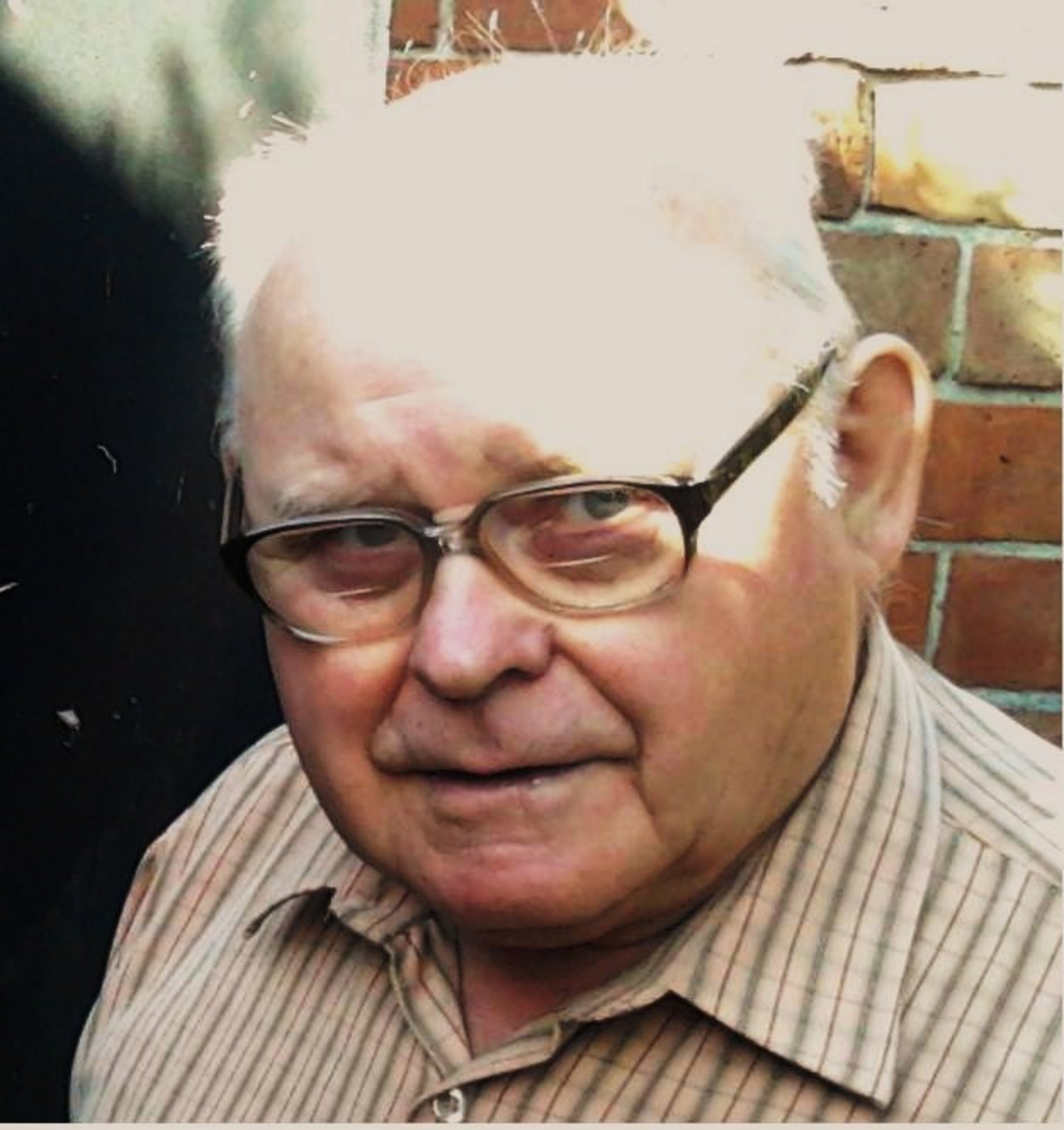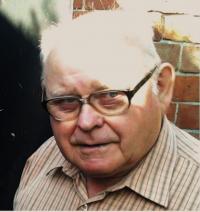If I was to undertake military service again, and I could choose, I’d do it again
Josef Kadlčík was born in 1939 in Brno. He and his parents and eight siblings lived in Ratíškovice. The collectivisation of the 1950s impacted his whole family. His brothers were threatened with the loss of their jobs, in the end his mother joined the local united agricultural cooperative (UAC), but co-op’s swindling management caused her to be denied any pension for her work there. Josef trained as a plumber, and in 1958 he underwent compulsory military service. He was assigned to the Border Guard. After three months of boot camp in Aš, he served in the 3rd Battalion of the 5th Cheb Brigade of the 17th Border Company in Dolní Hraničná. His border service was a tranquil one, with very few incidents. Josef Kadlčík spent a part of his service as a maintenance man. His memories of the Border Guard are mostly positive. After being released from service, he married and settled down in Dolní Bojanovice.

